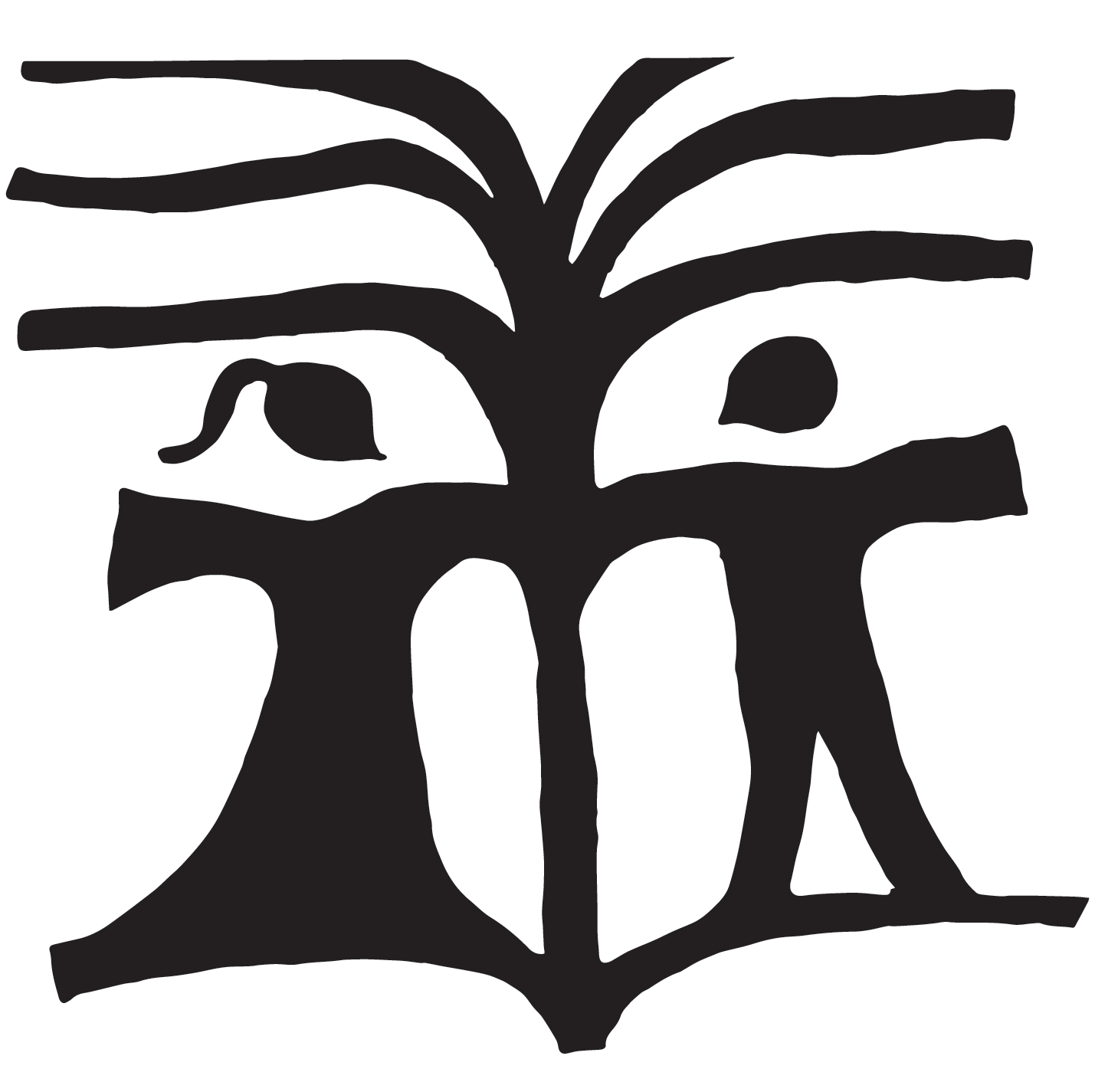Reflections/Poems
Michael Heller
The following comes from Vol XIV/II & XV/I (1996): Poets & American Jews: A Collection of Poetry & Personal Reflections (15th Anniversary):
Reflections
How, to borrow a phrase from one of George Steiner's essays, has the text become my homeland, my place of most being? My family was American-Jewish, playing half-heartedly at religiosity, mainly in accordance with the calendar. That is, we were Jews of the Holy Days fasting and wearing our solemn faces for the Day of Atonement, anticipating the candles or the feasting of the Passover without much thought of God's injunctions or demands. We sort of sleepwalked through our Jewness, giving over in the less self-conscious moments of our lives to the mere animal notions, the days and habits of urban city people.
The word "Jewish" was a forceful word, nevertheless, impelling a direction, an orientation toward the world and history, especially history. History made a Jew a Jew without the person so designated holding any necessary theological principles. The Jew, as Paul Celan poignantly surmised, had "nothing that is not borrowed," least of all the label "Jew." One of the curious mysteries I pondered as a teenager was the crossed nexes of chance and religion. For most who adhere to a religion, it is not as though one encountered a doctrine and weighed it, but that the religion of one's fathers or nation was perforce a cage or animal trap which one found oneself inside of. To me, this trap was essentially the brutal assertion of progenitors. Fathers and grandfathers had reached up from the grave, forced their hands through the crevasses of time and space, to bring the children into their orbit once again. They had committed a crime against Chance itself, had made their religion another weapon of the generational wars, of tradition and custom against spontaneity. Could God have made me a Jew, I asked, before I had the opportunity to do so myself? Such would be my thoughts as I walked to the Temple for some lesson, walked by the playgrounds near my house or peered down the long side streets at the glitter of Biscayne Bay.
Poems
The American Jewish Clock
When did Solomon (for Zalman) Heller, my grand-
father, come here, his time folded into America
like honey layered in middle-European pastry?
When did he arrive? After his pogroms and wars,
And before my father's. Was he naive? To arrive
like an autocrat, to enter like a king, in the train
of minor victories. Zalman, here called Solomon!
With a new syllable to lengthen his name. In the vast
benumbed space of us, a little more sound to place him.
Were there sour Jewish chives on his tongue,
Yiddish chimes in the bell of his breath?
He knew very little English, but he cocked his ear.
He heard the clock sounds that translate every-
where. He had been brought into redeeming time,
each stroke the echo of his unappearing God.
With tick came the happy interregnum,
those Twenties and Thirties when profit
turned to loss, and loss to profit.
Tock came later when the synagogues swelled
with increase and were tethered like calves
on suburban lawns. And then.... Oh and then,
the young walked out, walked back
to the cities, prodigals of emptied memory.
I was among them. And the door slammed shut.
And the space outside, that endlessness to America,
was ululated on every word but tick and tock.
In a Dark Time, on His Grandfather
Zalman Heller, writer and teacher, d. 1956
There's little sense of your life
Left now. In Cracow and Bialystok, no carcass
To rise, to become a golem. In the ground,
The matted hair of the dead is a mockery
Of the living root. Everyone who faces
Jerusalem is turned back, turned back.
It was not a question of happiness
Nor that the Laws failed, only
That the holy or sad remains within.
This which cleft you in the possibility
Of seeing Him, an old man
Like yourself.
Your last years, wandering
Bewildered in the streets, fouling
Your pants, a name tag in your coat
By which they led you back,
Kept leading you back. My father
Never spoke of your death,
The seed of his death, as his death
To come became the seed, etc.... Grandfather,
What to say to you who cannot hear?
The just man and the righteous way
Wither in the ground. No issue,
No issue answers back this earth.
For a full table of contents from this issue, click here. Another issue featuring Kate Braverman is Vol XIV/I (Jul 1995): The Poetry of Haim Gouri and Michael Heller
